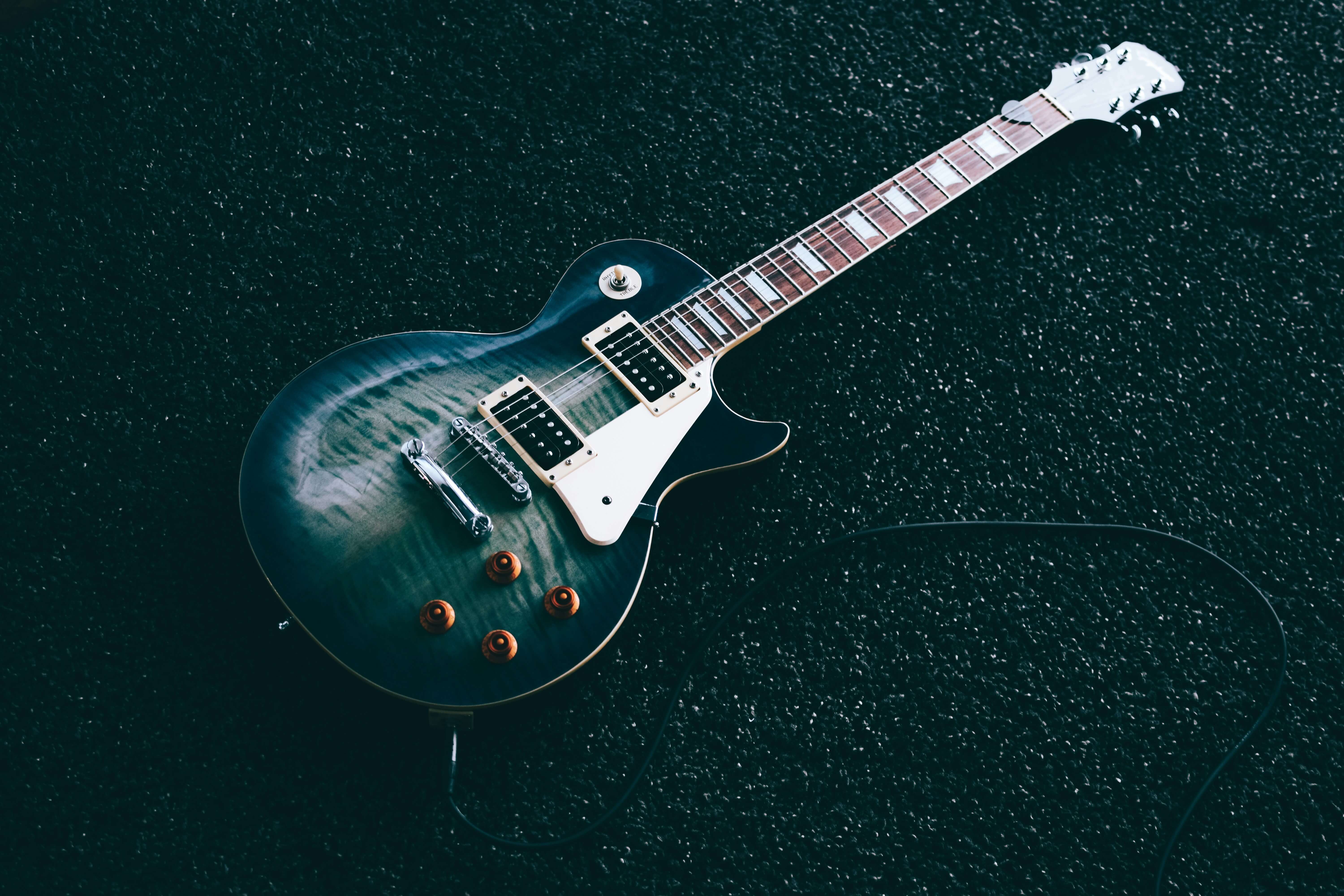Choosing Your First Guitar: A Comprehensive Guide
Everything you need to know about selecting your first guitar, from body types to price ranges
Published: 6/11/2024

Starting Your Guitar Journey
Buying your first guitar is an exciting step in your musical journey. With so many options available, from acoustic to electric, budget to high-end, the choices can feel overwhelming. This guide will help you understand the different types of guitars, what to look for, and how to choose the right instrument for your needs and budget.
The right first guitar should be comfortable to play, match your musical interests, and fit within your budget. It doesn't need to be expensive—many quality entry-level instruments provide excellent value while you develop your skills.
Acoustic vs. Electric: Which Type Is Right for You?
The first major decision is whether to start with an acoustic or electric guitar. Both have advantages for beginners:
Acoustic Guitars
- Pros: No additional equipment needed, portable, great for learning chords and developing finger strength
- Cons: Can be harder on fingertips initially, slightly wider neck can be challenging for small hands
- Best for: Folk, country, singer-songwriter, and players who want simplicity
- Try: "Recommend beginner acoustic guitars under £300"
Electric Guitars
- Pros: Easier to press strings, thinner neck, versatile sounds with effects
- Cons: Requires an amplifier and cables, more components to understand
- Best for: Rock, blues, metal, jazz, and players motivated by these styles
- Try: "What electric guitar should I buy as a beginner?"
Our recommendation: Choose based on the music you love. If you're inspired by acoustic performers, start there. If electric guitarists motivate you, an electric may keep you more engaged.
Understanding Guitar Body Types
The body style affects both sound and comfort. Here are common types you'll encounter:
Acoustic Body Types
- Dreadnought: The most common shape, known for balanced tone and volume. Great all-purpose guitar.
- Concert/Auditorium: Smaller than dreadnought, more comfortable for smaller players, balanced sound.
- Jumbo: Larger body produces more volume and bass. Can be challenging for smaller players.
- Travel/Mini: Compact size, perfect for travel or younger players with small hands.
Electric Body Types
- Solid Body: Most common for beginners (like Stratocaster or Les Paul styles). Versatile and durable.
- Semi-Hollow: Combines elements of solid and hollow bodies. Warmer tone, popular in blues and jazz.
- Hollow Body: Full acoustic-like chamber, rich tone but can feedback at high volumes.
Essential Features to Consider
Pay attention to these aspects when evaluating a potential first guitar:
- Neck Profile: The shape of the back of the neck. "C" shapes are most common and comfortable for beginners.
- Scale Length: The vibrating length of the strings. Shorter scales (24.75") can be easier for beginners with smaller hands.
- Fretboard Radius: Flatter radiuses (higher numbers) are better for lead playing, while more curved (lower numbers) are better for chording.
- Action: The height of the strings above the fretboard. Lower action is easier to play but may cause buzzing.
- Tuners: Quality tuning machines help maintain tuning stability. Sealed tuners typically outperform open tuners.
Try this: Ask our AI for more detailed advice on guitar features
Setting a Realistic Budget
Quality beginner guitars are more affordable than ever. Here's what to expect at different price points:
£100-250: Entry Level
Many decent options from brands like Squier, Yamaha, and Epiphone. Look for bundles that include accessories.
£250-500: Mid-Range Beginner
Better quality woods, hardware, and playability. Instruments at this price can serve you well for many years.
£500-750: Premium Beginner/Intermediate
Significant improvements in materials, craftsmanship, and features. A worthwhile investment if budget allows.
Remember to factor in the cost of accessories: a case/gig bag (£20-50), tuner (£10-20), extra strings (£5-15), picks (£5), and for electric guitars, an amplifier (£50-150) and cable (£10-20).
Try this: "What is the best guitar under £300 for a beginner?"
Top Recommended Brands for Beginners
These manufacturers consistently produce quality instruments for new players:
- Fender/Squier: Known for Stratocaster and Telecaster models. Squier offers affordable versions of classic Fender designs.
- Yamaha: Excellent quality control and value across acoustic and electric models.
- Epiphone: Gibson's sister brand offers affordable versions of iconic models like the Les Paul and SG.
- Ibanez: Great options for modern styles, often with thinner, faster necks.
- Taylor: Their GS Mini and Academy series are premium options for beginners.
- Martin: The X Series offers the Martin sound at more accessible prices.
Try comparing: "Compare Squier Stratocaster and Epiphone Les Paul for beginners"
New vs. Used: Pros and Cons
Buying used can save money, but comes with considerations:
New Guitars
- Pros: Warranty coverage, no hidden issues, latest models, perfect condition
- Cons: Higher cost, will experience initial depreciation
Used Guitars
- Pros: Better value, may get a higher-quality instrument for your budget, already "broken in"
- Cons: Potential hidden issues, may need setup or repairs, limited selection
If buying used, look for: consistent tuning, straight neck, functional electronics (for electric), no cracks or severe damage, and low action (string height).
Try this: "What should I look for when buying a used guitar?"
Making Your Final Decision
Consider these steps before making your purchase:
- Try before you buy if possible. How does it feel in your hands? Is it comfortable?
- Bring an experienced player with you to evaluate the instrument if you're unsure.
- Research online reviews and video demonstrations of models you're considering.
- Check the setup - many beginner guitars need adjustment for optimal playability.
- Consider included accessories when comparing prices between retailers.
Most importantly, choose a guitar that inspires you to play. The best first guitar is one that you're excited to pick up every day.
Ready to find the perfect guitar? Chat with our AI assistant for personalized recommendations